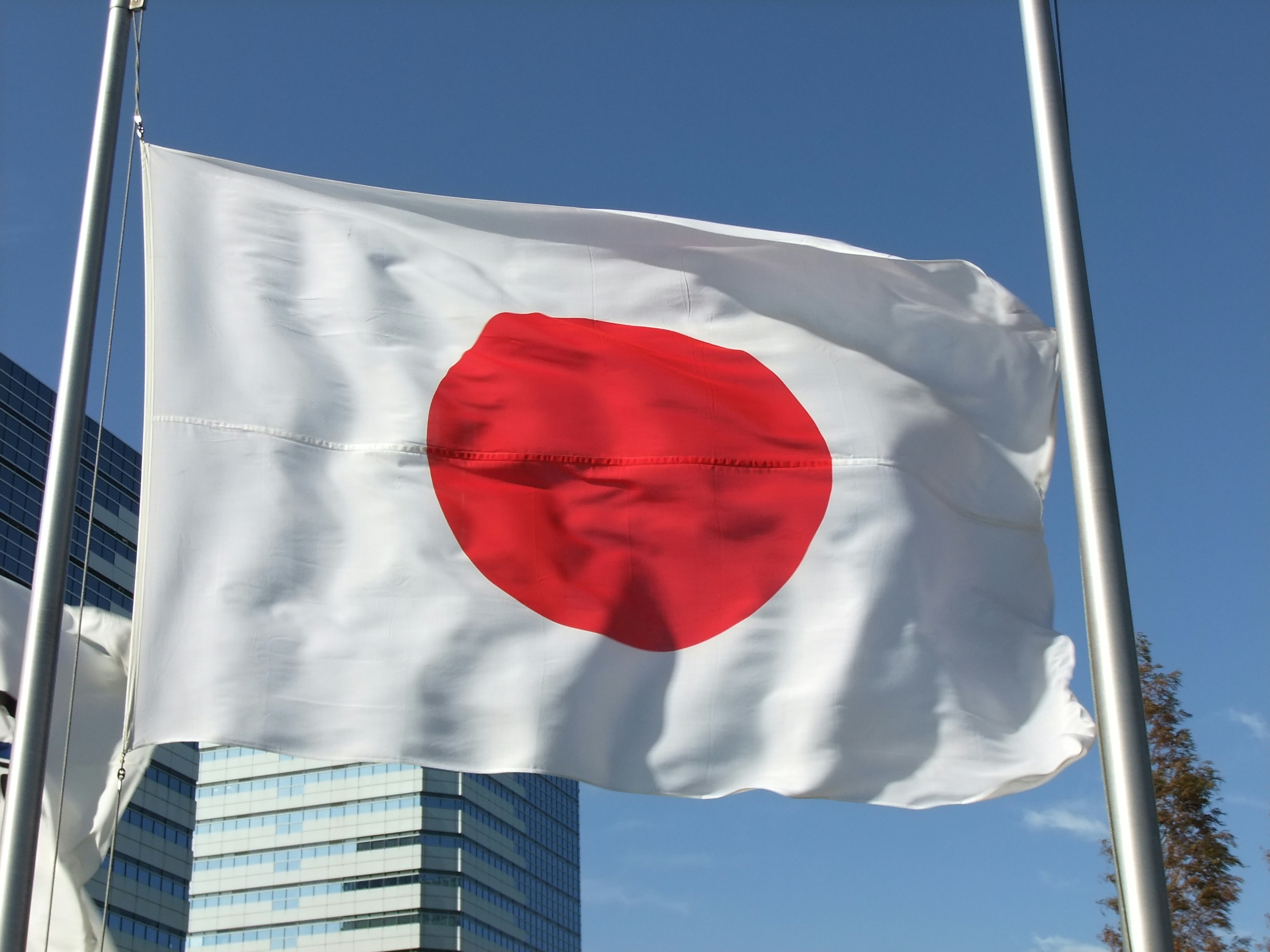
This European morning is different, but this has nothing to do with Europe itself or the nearby escalating conflict between Ukraine and Russia. It’s all about Japan this morning - Abenomics should serve as an alarm bell to EU policy makers who might be the next to unload the “quantitative easing” mantra.
This morning should serve the European Central Bank as a warning against loosening the noose around the necks of European politicians, who need to proceed with belt tightening and structural reforms to put their fiscal houses in order.
Mr.Draghi would be wrong in handing them a stick in the form of quantitative easing to hold on to, and urging them to start fiscal stimulus (as he did in Jackson Hole). However ultimately, it's very likely that this is precisely what the ECB will do and what the European governments will fail to do.
But let’s now focus on the hard numbers released from Tokyo this morning:
- Core Consumer Price Inflation (Core CPI) was up by 3.3% year-on-year (YoY)
- Employment was up by 460,000 in annualized terms in July (against +560,000 in June)
- Household Spending down by 5.9% YoY, marking the 4th straight year-on-year drop and way below expectations for a 3% decline
- CPI excluding the effects of the April sales tax hike stood at +1.3%
- Retail Sales were up 0.5% YoY in nominal terms
After the implementation of the first round of sales tax hikes in Japan, we are seeing yet another month (now four in a row) of negative household spending numbers. While according to the Bank of Japan's forecast, the effects would wane in time, we are seeing nothing of the like.
Japanese households have lost purchasing power and using the inflation number without taking into account the sales tax hike, is nowhere close to a good indicator about consumer sentiment. Their spending patterns are not recovering because their disposable income is shrinking rapidly.
Following the numbers, the Dai-ichi Life Institute states that the Japanese economy is still recovering, and the Bank of Japan will probably refrain from easing monetary policy this year. That said, they concluded their statement saying “If Japanese data continues to remain weak, if might force the Bank of Japan into action.”
Goldman Sachs’ Japan chief economist, Naohiko Baba, commented in a recent interview with Bloomberg, saying, “Real wages are falling 3 percent a year. Real disposable income was down minus 8 percent year-on-year in the June household survey. It is as if Japan’s economy is heading into stagflation.”
He proceeded to tell Bloomberg Economist Tom Orlik, “That’s good for managing debt, bad for quality of life. As households see quality of life fall, it may negatively affect the approval rating for the Cabinet.”
Structural reform was the slowest aspect of Abenomics, and might cost Shinzo Abe the whole policy effort. As the purchasing power of the population is eroded by high inflation, the government is focusing on gradually implementing those, but the big guns of monetary and fiscal policy are already exhausted.
As Japan’s Economy Minister, Amari says,“There is no need to be pessimistic about household spending," he better get realistic. The Japanese NLI Research Institute states, “The Bank of Japan will be forced to cut its economic view sooner or later, although it is unlikely to move anytime soon as it argues for rising inflation.”
Meanwhile, Japanese corporate profits will erode, cutting the possibility of wage rises which are not materializing in real terms because of the high inflation and the sales tax hike. The economic growth impact from Abenomics could have already peaked in the first quarter of this year.
As the policy effort is exhausted, what will the Bank of Japan do to stimulate domestic demand? Doing more quantitative and qualitative easing will result in more of the same. Meanwhile the FX market will be pushing the Japanese yen even lower from current levels and delivering even more imported energy price inflation.


















